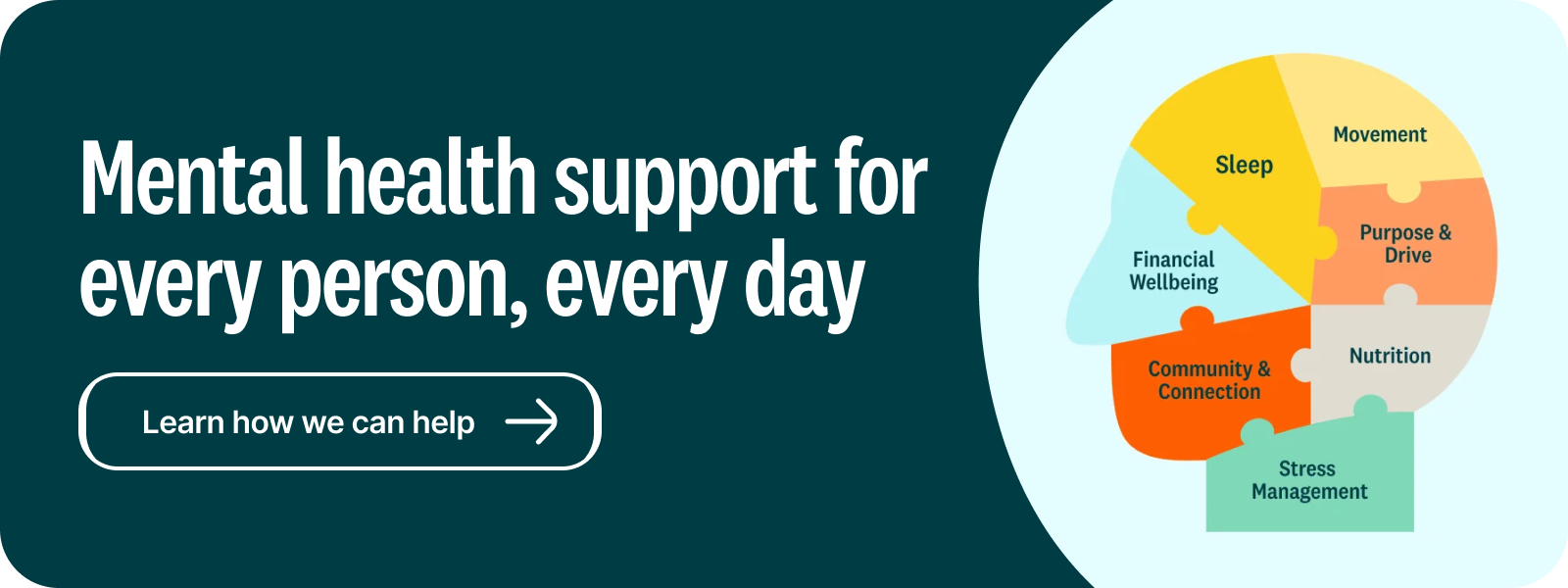As told by HealthComp Case Manager Jennifer, MSW, LCSW
__
OVERVIEW
A young child had a history of aggressive behaviors and acting out. Following a few ER visits, the parents were seeking options for inpatient care for mental health treatment. Over the years, they’d been in ongoing outpatient services like group psychotherapy, but behaviors persisted and were intensifying.
CHALLENGE
Unplanned and unnecessary ER visits or inpatient admissions. To avoid unnecessary services, I provided some long-term residential treatment options. The family was familiar with this option and had previously considered it.
“I help people see what options are available so they can make their own decisions. Instead of pushing people toward an option, I try and understand where they’re coming from. And then my role is to always be there to support and encourage them.”
Upon digging deeper, we realized the problematic behavior had started early on and was not just adjustment issues. When I felt comfortable asking the parent if the child had been asked about autism spectrum disorder, I learned current treating psychologists had brought this up but hadn’t pursued it. The parent was initially a little resistant to this diagnosis. I provided education on the symptoms and how they would look over the years. Eventually, the parent became more open to a full psychological evaluation.
SOLUTION
After testing was completed, results showed the child had high-functioning autism spectrum disorder. We were able to implement additional interventions both in the school setting and at home to better address these behaviors. We also leveraged medications more specific to the child’s needs given this new diagnosis.
Finding a solution, was about meeting the parent where they are. We make a point not to push anyone and focus on letting them see for themselves what’s out there so they can make informed decisions. Our role is to support the patient along the way and encourage them to move towards more beneficial care pathways.
“I try to get a thorough history and find targeted needs instead of putting band-aids on an issue. The ideal treatment plan may not work for everybody. It’s about meeting people where they are.”
We located a nearby therapeutic boarding school that offered funding and grants. We did not have to access the health plan to put those services in place. Sometimes, programs like that have block grants to compensate for what health plans don’t cover. We were able to help them access this resource. My experience working with adolescent substance abuse programs, helped me identify what resources may be available to this child and parent.
IMPACT
We implemented better, targeted therapeutic interventions for the child. This case was so much more than just getting a child in for therapy to manage adjustment issues. We recognized this and in turn, the child’s behavior improved over time.
“I touch all my cases week-to-week, even if it’s just me reaching out to a member to see how their last appointment went, reviewing a phone log, or checking in to see how someone’s doing with their sobriety.”










